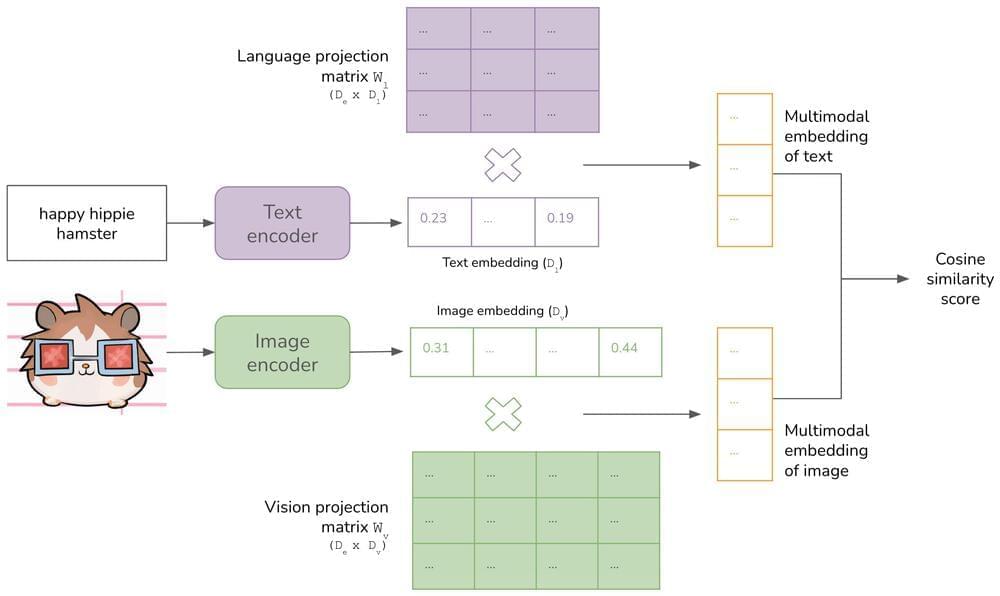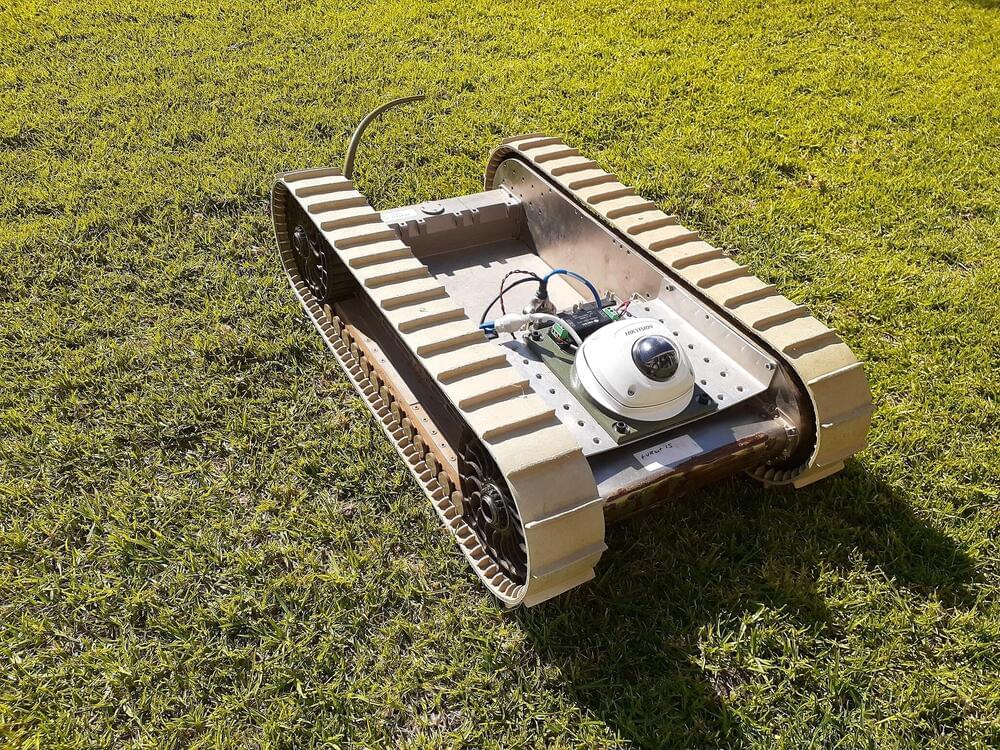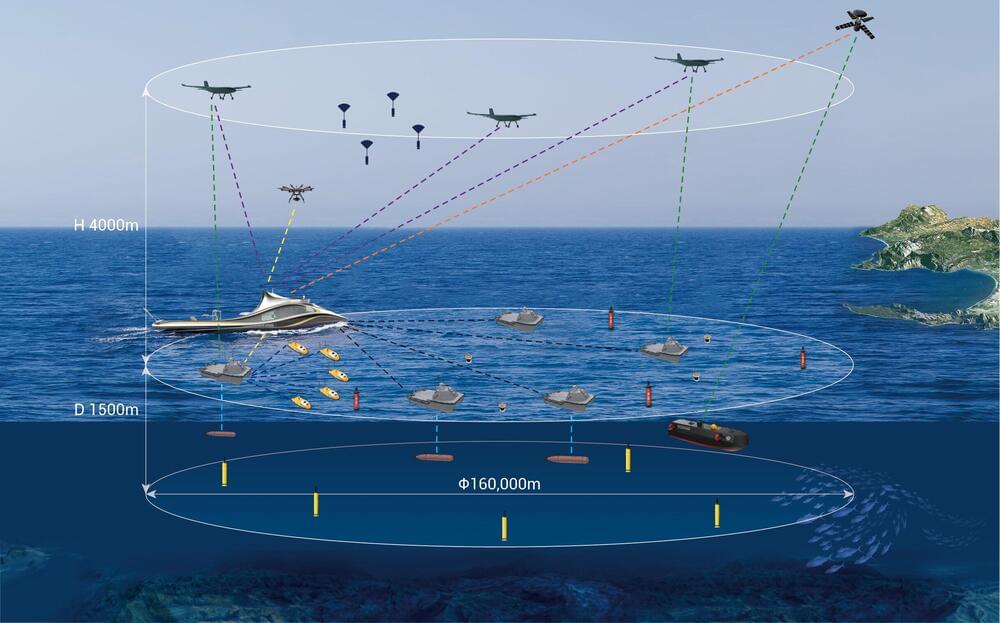Consider the potential problems. Number one would be that any potential aliens we encounter won’t be speaking a human language. Number two would be the lack of knowledge about the aliens’ culture or sociology — even if we could translate, we might not understand what relevance it has to their cultural touchstones.
Eamonn Kerins, an astrophysicist from the Jodrell Bank Centre for Astrophysics at the University of Manchester in the U.K., thinks that the aliens themselves might recognize these limitations and opt to do some of the heavy lifting for us by making their message as simple as possible.
“One might hope that aliens who want to establish contact might be attempting to make their signal as universally understandable as possible,” said Kerins in a Zoom interview. “Maybe it’s something as basic as a mathematical sequence, and already that conveys the one message that perhaps they hoped to send in the first place, which is that we’re here, you’re not alone.”









